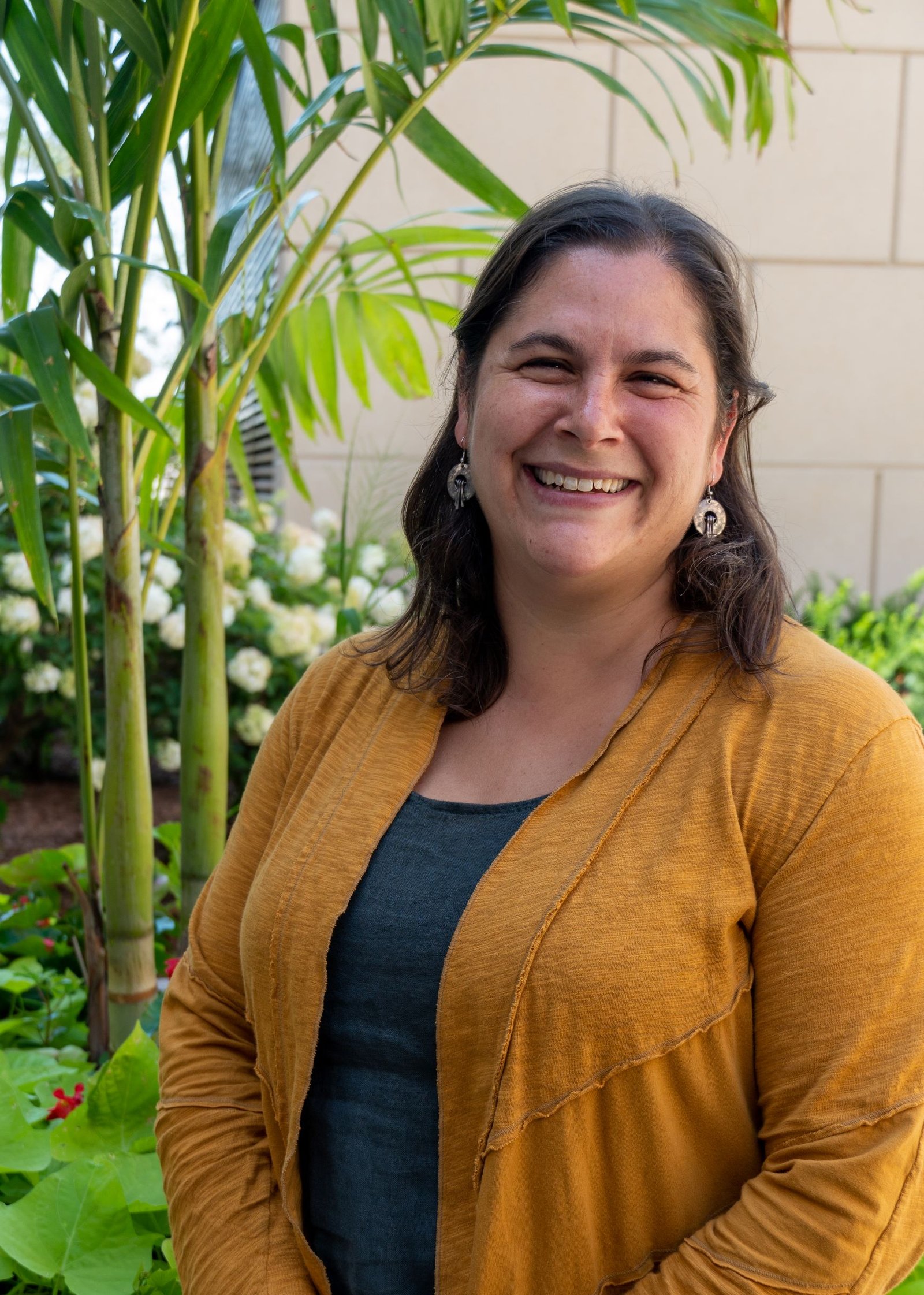Language barriers in the healthcare industry are at their very least, frustrating. At their very worst, they can lead to patient dissatisfaction, missed diagnoses, or even death.
It’s a growing issue medical professionals are trying to address, especially with country’s second-most spoken language: Spanish. These conversations are so critical, even the Association of American Medical Colleges is calling for more physicians to speak the language.
Simon Medinger, University of Nebraska at Omaha (UNO) senior and biology and Spanish major, plans to use his language skills to make healthcare more accessible.
This summer, Medinger spent his days working as a medical assistant at Joshua Medical Center in South Omaha. He says that his Spanish skills were necessary for the job, where he estimates more than half of the patients he saw spoke Spanish.
Medinger worked as an interpreter between patients and providers. He said that though at first it felt foreign speaking in something other than his own native language, eventually he began to build a routine around speaking Spanish with his patients.
He sees his language capabilities as a bridge – a necessary one.
“I remember the first time I met a couple of the patients, and I started speaking Spanish, they were like, ‘wait, you speak Spanish?’ And they’d be relieved, because it’s someone that they can really talk to,” Medinger said. “And the same way, it’s kind of a good feeling for me to know that they can trust me a little more.”
In a few short summer months, Medinger grew his Spanish skills, learned more about the medical system, and completed class credit through an independent study course centered around his medical assistant job.
As he heads into his final year of undergrad, he knows the direction he plans to take his life. Once he completes PA school, he hopes to one day work in a community where he can use his Spanish skills to provide patients with better access to care.
“I want to be that person to help,” Medinger said.
…
The University of Nebraska Omaha Department of World Languages and Literature’s Spanish for Health Sciences programs aim to connect students like Medinger with valuable Spanish language education opportunities that will strengthen their medical skills. Through courses like Spanish for Healthcare Professionals and Linguistic Justice and Latino Health, Mavericks get a first-hand look at what life would be like as a Spanish-speaking health professional.
“I love working with the students in our Spanish for Health Sciences courses,” said Elena Nieto, instructor in the Department of World Languages and Literature. “They are compassionate and show true interest and determination in learning as many words, expressions and cultural aspects as they can to effectively communicate with Spanish-speaking patients. Seeing their enthusiasm and progress as they roleplay possible scenarios with their classmates is fulfilling. I know they will make a very needed difference for their patients.”











